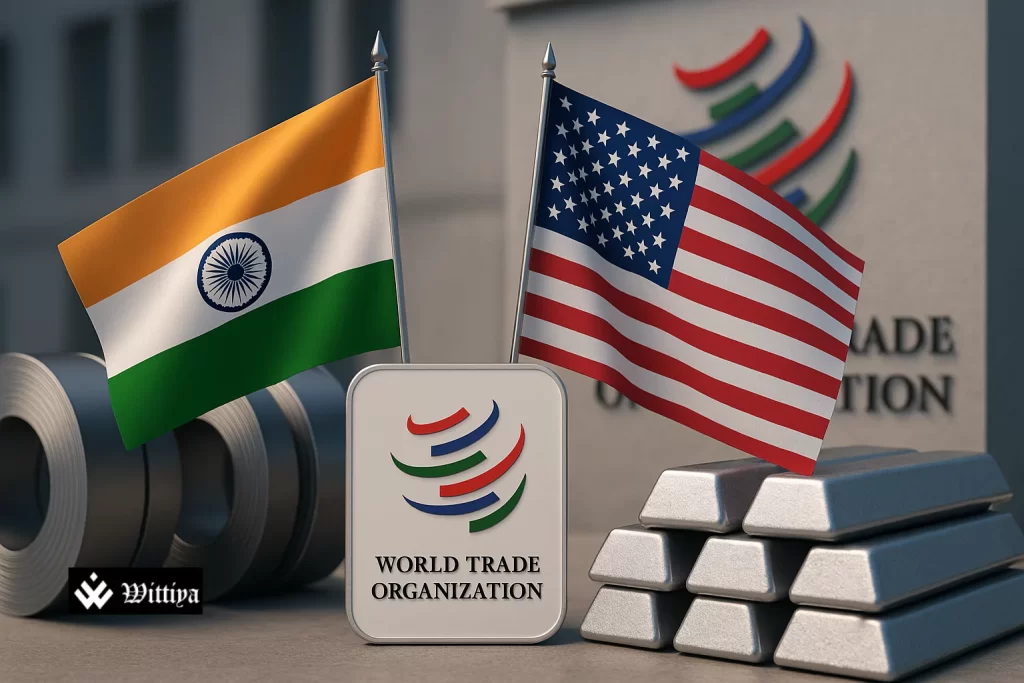The United States denies India’s WTO claim that its steel and aluminium tariffs are safeguard measures, citing national security. India may retaliate with its own duties amid trade tensions.
The United States has rejected India’s claim that its tariffs on steel and aluminium qualify as safeguard measures under the World Trade Organization (WTO) rules. The US clarified that these duties are imposed for national security reasons, not as safeguards, intensifying trade tensions between the two nations.
India, a key player in global trade and economy, reserved the right to impose retaliatory tariffs in response to the US measures. The US, however, argued that India has not fully complied with its WTO obligations related to this issue. Experts from the Global Trade Research Initiative (GTRI) suggested that the matter could be better resolved through the ongoing India-US trade agreement negotiations rather than WTO dispute mechanisms.
The US also proposed that India impose its own tariffs as a demonstration of resistance in trade negotiations. The dispute highlights the complex dynamics between the two countries, both striving to protect their domestic industries amid shifting global trade policies.
The United States, headquartered in Washington, D.C., is a leading global economy and trade power. India, located in South Asia, actively participates in international trade frameworks including the WTO.




